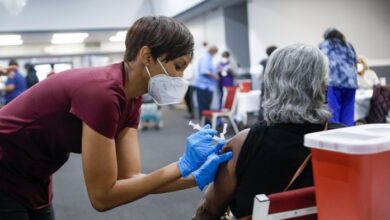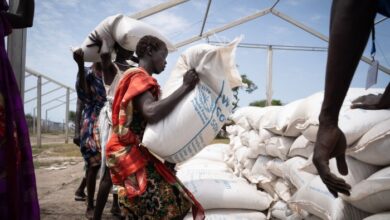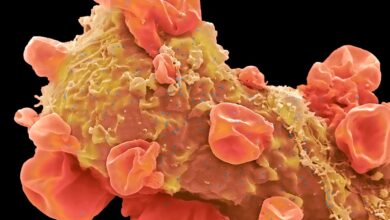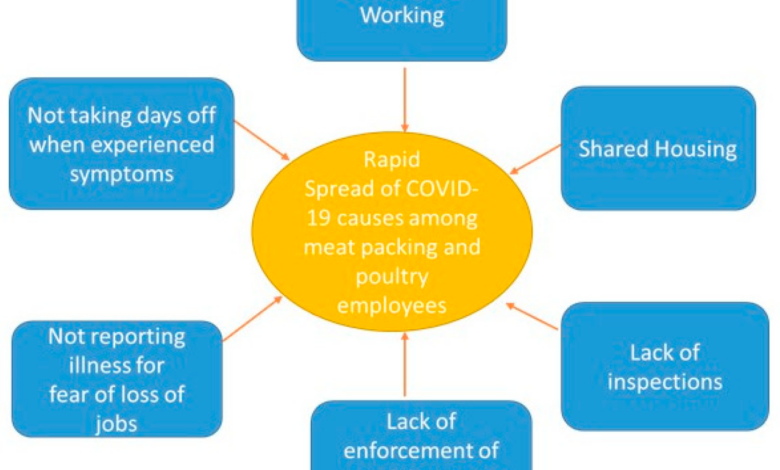
What Did COVID Teach Us About Preparing for a Plant Pandemic?
What did COVID teach us about preparing for a plant pandemic? This question, while seemingly abstract, holds profound implications for our future. The COVID-19 pandemic, a stark reminder of the vulnerability of global health systems, exposed critical gaps in our preparedness for widespread disease outbreaks.
As we navigate the aftermath of this crisis, it’s crucial to consider the potential threat of plant pandemics, which could have equally devastating consequences for food security, economies, and ecosystems.
Plant pandemics, unlike their viral counterparts, can silently spread through trade routes, leaving entire agricultural systems susceptible to collapse. The potential impact is staggering, with the potential to disrupt food supply chains, cripple economies, and trigger widespread famine. While we may not be able to completely prevent such events, we can learn from the lessons of COVID-19 to build more resilient agricultural systems and strengthen global surveillance networks.
The COVID-19 Pandemic: What Did Covid Teach Us About Preparing For A Plant Pandemic
The COVID-19 pandemic, caused by the severe acute respiratory syndrome coronavirus 2 (SARS-CoV-2), has been a defining event of the 21st century, profoundly impacting global health systems and economies. The virus’s rapid spread and the initial lack of preparedness exposed vulnerabilities in public health infrastructure and highlighted the interconnectedness of the world.
Understanding the lessons learned from this pandemic is crucial for preparing for future health emergencies.
Impact on Global Health Systems and Economies
The COVID-19 pandemic placed an unprecedented strain on global health systems. Healthcare infrastructure was overwhelmed in many countries, leading to delays in care, shortages of medical supplies, and a surge in healthcare worker burnout. The pandemic also had a significant impact on economies worldwide.
Lockdowns and travel restrictions disrupted supply chains, caused business closures, and led to widespread unemployment. The World Bank estimates that the pandemic pushed an estimated 97 million people into extreme poverty in 2020.
Challenges Posed by the Rapid Spread of the Virus and Lack of Initial Preparedness
The rapid spread of SARS-CoV-2, coupled with the initial lack of preparedness, posed significant challenges. The virus’s high transmissibility and the absence of effective treatments or vaccines initially fueled a sense of panic and uncertainty. The pandemic exposed weaknesses in global surveillance systems, communication networks, and the ability to rapidly deploy resources.
Key Lessons Learned from the Pandemic’s Response, What did covid teach us about preparing for a plant pandemic
The COVID-19 pandemic has provided valuable lessons for improving preparedness for future health emergencies.
- Importance of Early Detection and Response: Early detection and response are critical in mitigating the spread of infectious diseases. This includes strengthening surveillance systems, improving laboratory capacity, and implementing effective contact tracing strategies.
- Global Collaboration and Information Sharing: Effective pandemic response requires global collaboration and information sharing.
This includes sharing data on virus mutations, research findings, and best practices for disease control.
- Investment in Public Health Infrastructure: Investing in public health infrastructure, including healthcare facilities, workforce training, and research and development, is crucial for building resilience to future health emergencies.
- Equity and Access to Healthcare: Ensuring equitable access to healthcare is essential, particularly for vulnerable populations. This includes addressing disparities in access to vaccines, testing, and treatment.
- Importance of Communication and Public Engagement: Clear, consistent, and transparent communication is vital in building public trust and encouraging adherence to public health guidelines.
Ultimate Conclusion
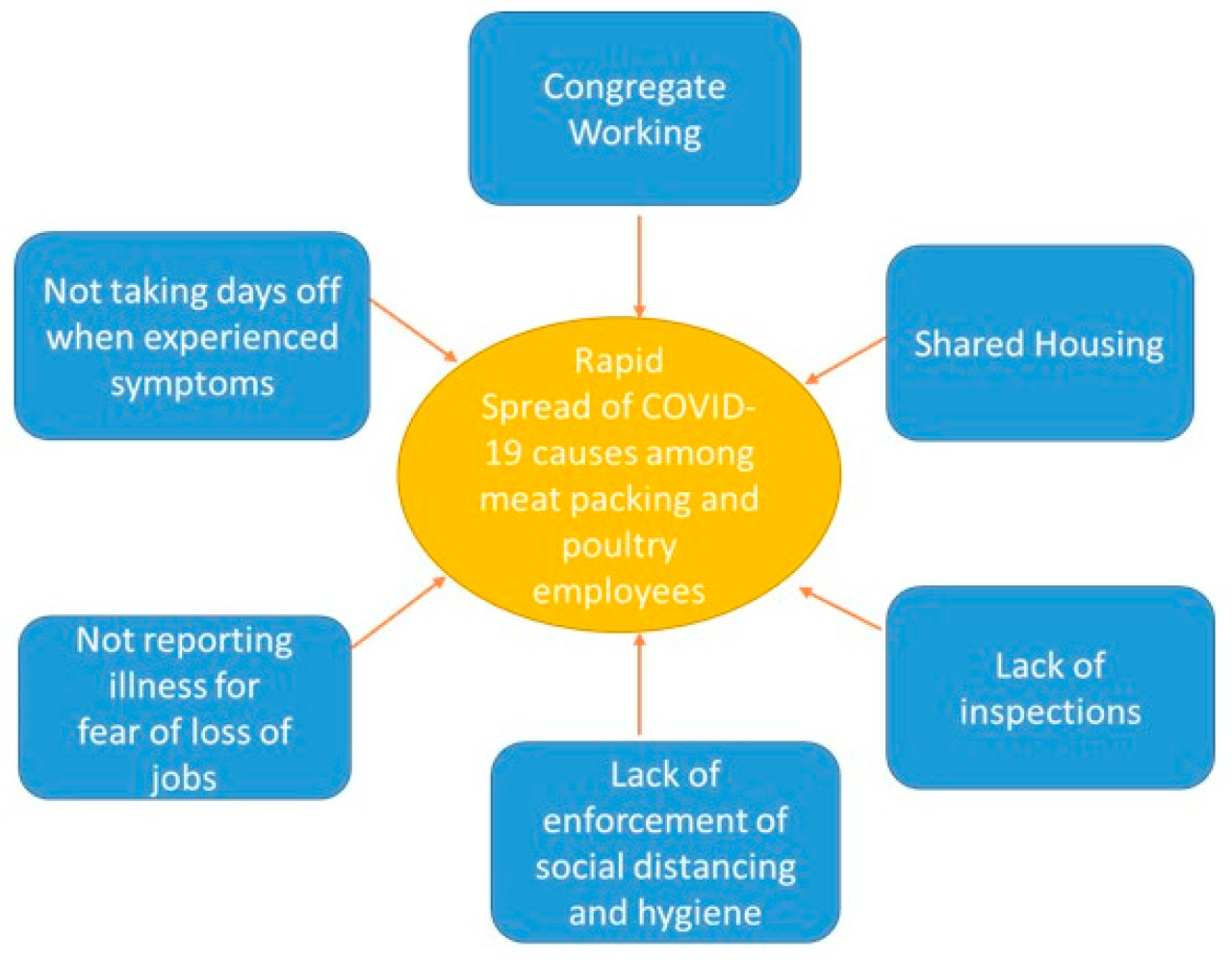
In the wake of COVID-19, the need for proactive measures to prevent and mitigate plant pandemics has become undeniably clear. By investing in research and development, bolstering global surveillance systems, and adopting sustainable agricultural practices, we can build a more resilient future, safeguarding our food supply and ensuring the well-being of generations to come.
The lessons of COVID-19 serve as a powerful call to action, urging us to prepare for the next global health challenge, be it viral or botanical in nature.
The COVID-19 pandemic highlighted the importance of robust supply chains and rapid information sharing. Imagine a similar scenario with a plant pandemic, where vital food sources are at risk. Here, the immutable and transparent nature of blockchain technology, as explored in areas where bitcoin blockchain technology is applicable , could play a crucial role in tracking food origins, ensuring traceability, and preventing the spread of infected crops.
By leveraging blockchain, we can build a more resilient food system, prepared for future challenges.
The COVID-19 pandemic highlighted the fragility of our global food systems and the urgent need for preparedness. Just as we scrambled to secure essential supplies during the pandemic, a plant pandemic could cripple agricultural production, leading to widespread food shortages.
The sheer scale of the effort to contain the virus, as seen in the extravagant welcome Saudi Arabia gave to former President Trump saudis made trumps visit an extravaganza , should serve as a reminder that we need to invest in research, surveillance, and rapid response systems to mitigate the risks of a plant pandemic.
The pandemic taught us the importance of preparedness, and that extends beyond human health. A plant pandemic could have devastating consequences for our food supply and economy. While we can’t predict the future, we can learn from the past. Just like a well-stocked pantry can help weather a storm, a resilient agricultural system is essential.
For those seeking a sanctuary in the midst of potential turmoil, consider the luxury touches with D.C.’s bustling Kennedy Street around the corner. Perhaps this kind of urban oasis could provide a haven during a plant pandemic, offering a sense of calm and security in a world suddenly turned upside down.

